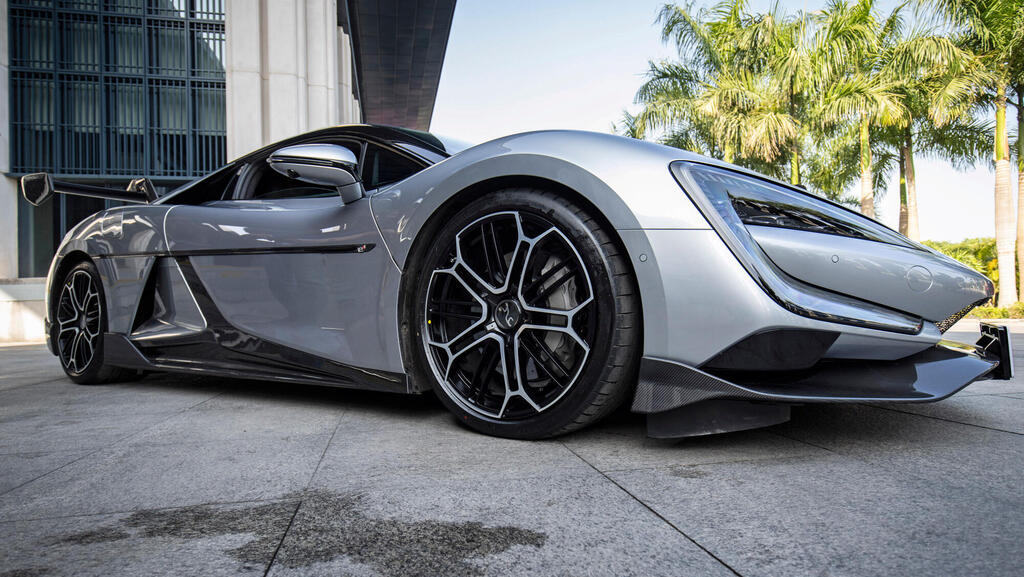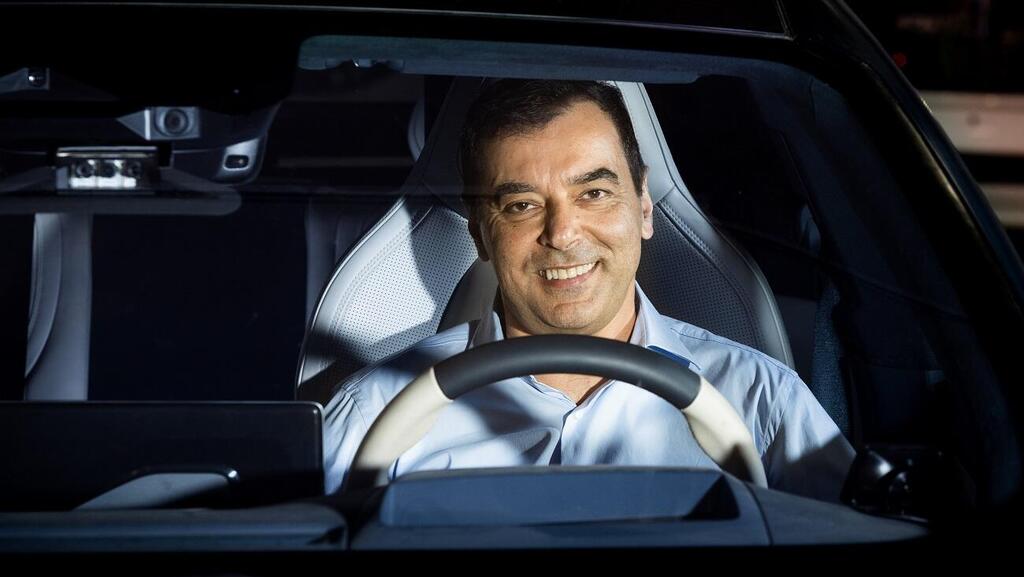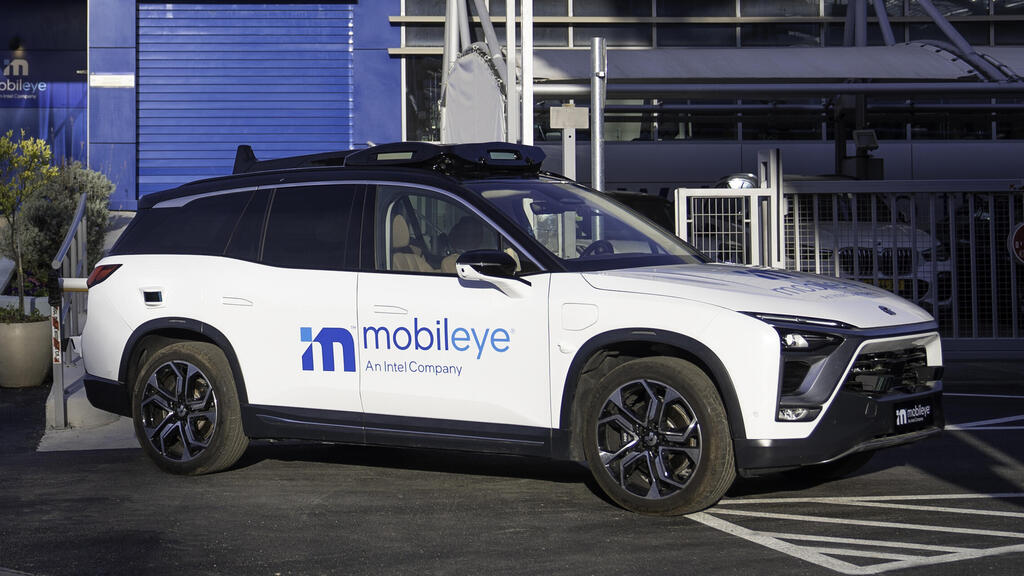The Chinese automotive market, the largest in the world and the most lucrative for all industry leaders is experiencing significant upheaval in recent times. On one hand, it suffers a slowdown due to the weakness of the local economy, which is causing Chinese residents to spend less. For example, a roughly 3% drop in car sales was seen in the local market last June.
On the other hand, the escalating trade war between China, the U.S. and Europe is beginning to make exports difficult as well.
Back in July, the European Union (EU) dealt another blow to the country by raising tariffs on Chinese-made electric cars, leading to a sharp double-digit drop in sales of brands well-known in Israel such as MG and BYD.
The high tariffs, justified by the heavy subsidies the Chinese government provides to its automotive industry, are expected to hurt not only Chinese brands but also all vehicles manufactured in the country — from Tesla to Volvo.
Among those affected by these developments is the Israeli company Mobileye. The company's stock, which until recently held the title of the highest-valued Israeli firm, has plummeted 65% since the beginning of the year, reaching a market value of $11 billion.
This value is lower than the $15 billion Intel paid for it in 2017, mainly due to changes in the Chinese automotive market. Mobileye, founded by Prof. Amnon Shashua and Ziv Aviram, is a pioneer in the autonomous vehicle field, selling systems that make driving nearly autonomous directly to car manufacturers, but mainly to component suppliers for car manufacturers (Tier 1).
The company has suffered a deep hit to its business performance since the end of 2023, unrelated to the war in Israel, but mainly due to the Chinese market. It has reduced its forecasts several times, and according to the most recent forecast provided about a month ago, is expected to end 2024 with revenues of only $1.6 billion, about $1 billion less than its original forecast of $2.6-2.9 billion. This is a significant and unusual miss for an established public company.
In recent years, Mobileye has become increasingly dependent on the Chinese market, which also generated rapid growth for the company via contracts with numerous local manufacturers and well-known luxury brands like Zeekr and Polestar — until it all came to a screeching halt.
In the first half of 2023, the supply of vehicles with driver assistance systems (ADAS) developed by Mobileye in China saw a rapid 100% growth. During that period, Mobileye's revenues from sales in China stood at $269 million, which shrank to $199 million in the first half of 2024.
In recent months, Mobileye has been experiencing the other side of the Chinese market firsthand —after the rapid growth comes a painful fall due to the market’s uncertainty. The reason for this is no longer just the temporary buildup of inventory due to COVID-19 disruptions, as Mobileye initially tried to downplay it, but rather more complex processes.
The company’s dependence on the Chinese market makes it difficult for Mobileye to provide a reasonable forecast to shareholders, who are punishing it with massive selloffs that have shaved over two-thirds off its peak value.
"Our ability to make accurate forecasts for SuperVision is being challenged by the volatility in China. We also have reduced our expectations for volumes in China itself due to uncertainties around market dynamics," Shashua told investors after Q2 2024 ended with disappointing results and reduced forecasts for the company.
According to Shashua, no second wind is expected from other markets either, due to the tariffs on Chinese cars imposed in Europe and the U.S. Shashua, considered one of the most influential and recognized figures in the autonomous vehicle world, doesn’t expect stability in the Chinese automotive market in 2025 as well.




